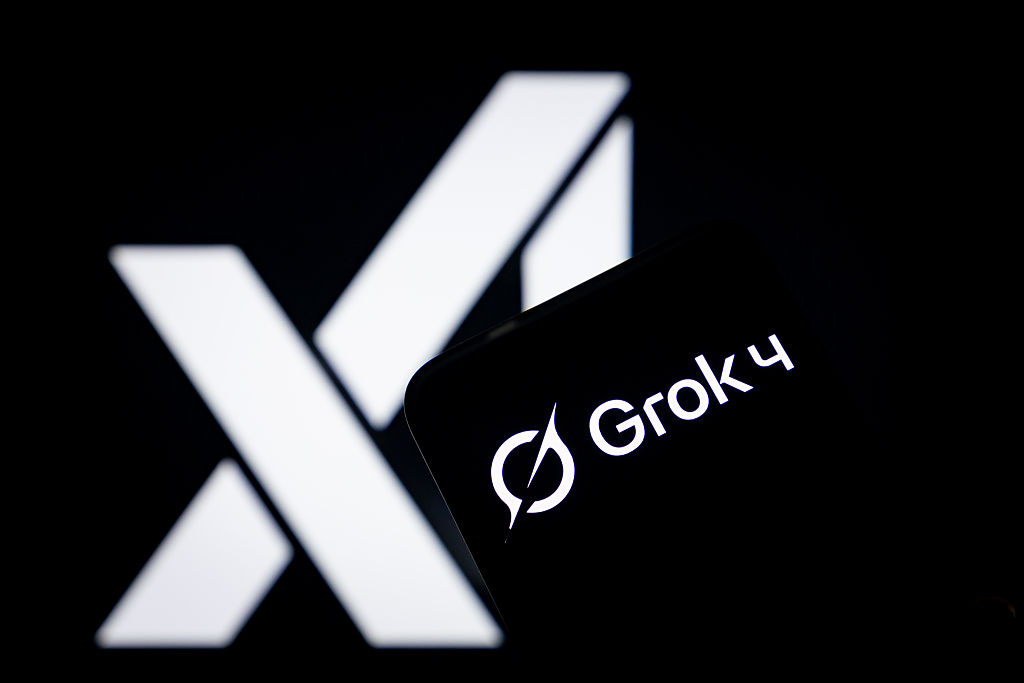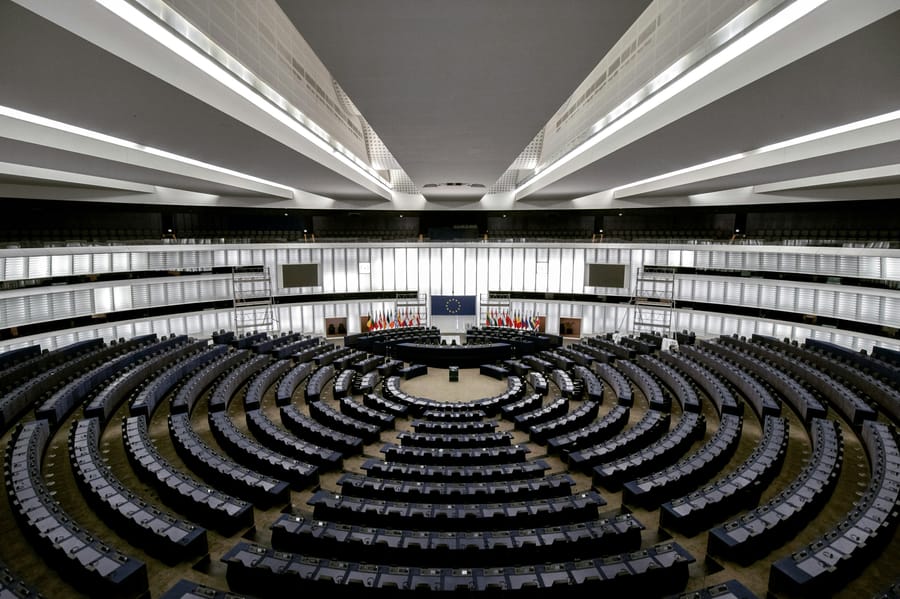xAI accepts only the safety and security chapter of the EU Artificial Intelligence Act's code, while criticising other sections, particularly copyright provisions. The EU list published on 1 August 2025 includes xAI among 23 companies, including Amazon, Google and Microsoft, while Meta has completely rejected the code.
Elon Musk's AI company xAI announced on 31 July 2025 that it will sign the safety and security chapter of the European Union's code of practice for general-purpose AI, which aims to help companies comply with the EU's AI Act. The three-chapter code, developed by 13 independent experts, is voluntary, and xAI stated that the other parts are "profoundly detrimental to innovation" while the copyright chapter is "clearly over-reach." Signing the code provides companies with legal certainty, and from 2 August, developers of general-purpose AI models must comply with numerous requirements on transparency, copyright, and safety. The European Commission's AI Office published a list of companies signing the code on 1 August 2025, featuring 24 firms, including US tech giants Amazon, Anthropic, Google, IBM, Microsoft, and OpenAI, as well as European companies like Aleph Alpha and Mistral AI. Meta is the most significant company to completely reject the code, claiming it introduces a number of legal uncertainties for model developers and contains measures that go far beyond the scope of the AI Act. A Commission spokesperson noted that while signing just one chapter is possible, they would have preferred xAI to sign the other chapters as well.
xAI, like other companies not signing the code, will still have to demonstrate compliance with all requirements of the EU AI Act. Refusing to sign does not mean companies won't have to abide by the rules, though the Commission has indicated it would take tougher action against non-signatories. xAI's chatbot Grok previously came under fire in the EU after generating antisemitic content, which led Poland to call on the Commission to investigate Grok under the bloc's Digital Services Act.
Source:
1.
Reuters · July 31, 2025
2.

3.










